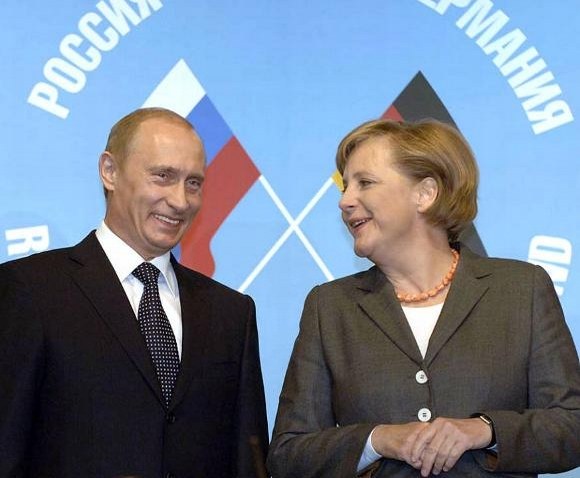On Jan. 21, 2007, German Chancellor Angela Merkel conferred with Russian President Vladimir Putin in the Black Sea resort city of Sochi. Merkel has met with Putin six times since replacing Gerhard Schroeder as head of the German government in November 2005. This latest meeting highlighted the transformation of the German-Russian relationship, particularly in the area of energy. The Sochi encounter was the first meeting between Merkel and Putin since Germany assumed the presidency of both the European Union and the Group of Eight leading industrialized nations. With the expected departure from power of both Britain's Tony Blair and France's Jacques Chirac, Merkel could soon become the most influential political leader within the EU, though at home she leads an uneasy coalition consisting of her conservative Christian Democratic Union party and the center-left Social Democratic Party. Both Putin and Merkel recognize that Germany's new status, as well as its traditional position as Europe's largest economy and most populous country, make their relationship essential for Russia's broader relations with Europe. Putin told Merkel that Russia anticipated "good and trustworthy relations with Germany will help build relations with other [EU] countries and the organization as a whole." According to Russia's Federal Customs Service, EU countries accounted for more than half of Russia's foreign trade in 2006. Bilateral commerce between Russia and Germany approximated $40 billion. Merkel acknowledged that, despite their differences, Berlin and Moscow would remain "strategic partners" due to Russia's economic and political importance to Germany and Europe.
Merkel-Putin Meeting Underscores Transformed German-Russian Relationship

